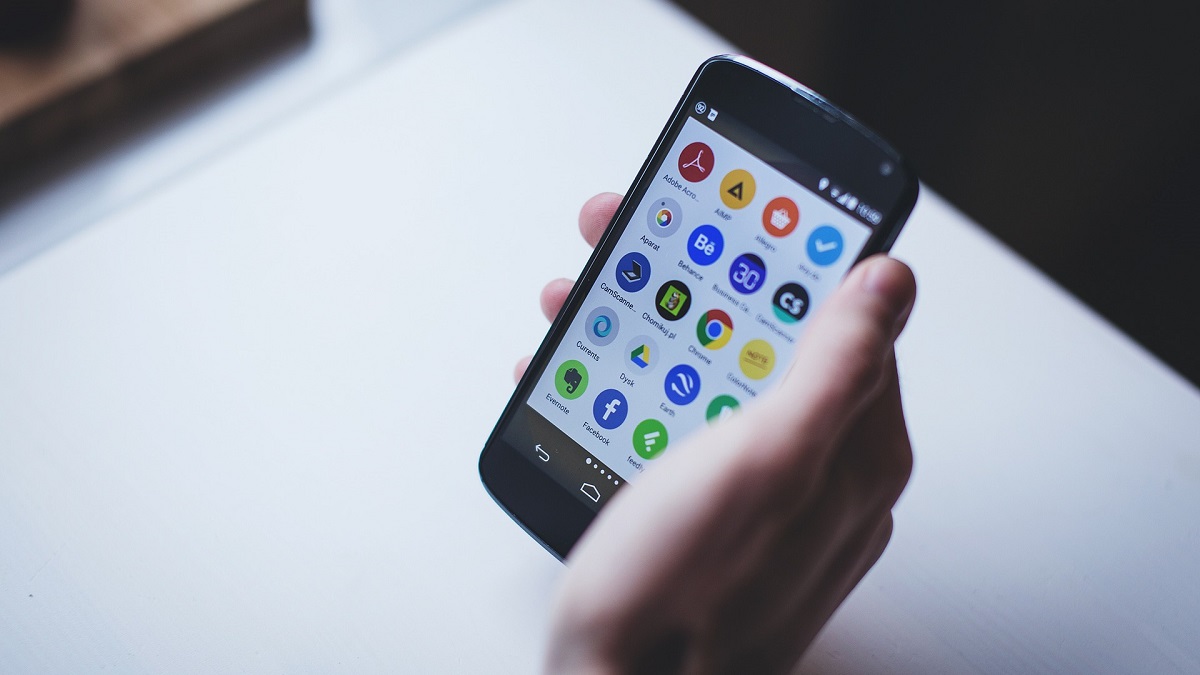
Android apps could get selective load optimization. Google is reportedly testing the technique to reduce the time apps need to load as well as download and install from the Play Store.
App downloads from the Google Play Store might reduce even further in the next few months. Google is trying a few new methods to reduce the bandwidth apps consume while downloading; and RAM, once they install.
Google to prioritize component installation to reduce download to usage time:
Several Android smartphone users do not have an unlimited and fast data connection. Hence, the app downloads from the Play Store seem to take a lot of time to complete. Moreover, there’s a substantial delay in installation on budget mobile devices.
To address the limitations, Google has previously tried to deploy App Bundles. The system lets developers build multiple versions of their apps for different device configurations. The Play Store then downloads the appropriate APK to the user’s phone.
Taking a step further, Google is experimenting with “App install optimization”. This technique will analyze which components of the app users need immediately, and which parts can wait. In some cases, Google might prevent the download and install of select components to save bandwidth and space.
Google Play Store to crowdsource “app install optimization” https://t.co/2NQOEWoDx0
— Android Community (@Androids) March 18, 2021
Google will reportedly monitor what parts of the app users use and which parts they don’t. For example, Instagram users usually spend the first ten minutes setting up their profile and finding friends.
If Google observes several Instagram users follow this pattern of usage, the system will download that part of the app first. The “App install optimization” platform would intentionally leave out or delay downloading and installing the posting tools or story viewer.
The system would download the extra functions and features as and when users need or demand the same. The network speed and reliability, as well as the Android phone’s internal storage too, could be the deciding factors.
Play Store to optimize app load times as well?
With the data that Google collects, the Android OS developer would also know which parts of the app users need regularly. Accordingly, the Android OS onboard the device would use the data to improve resource management.
Rather than opening the entire app and loading all the data into RAM, the Android smartphone could load the parts users use most. Needless to add, such selective loading would reduce the load on the processor and need a lesser amount of RAM.
It is important to note that App install optimization isn’t available on the Play Store yet. However, there’s a support document for the feature that’s live.
Google’s new App Install Optimization feature aims for quicker app installations https://t.co/inp2LAjx4J pic.twitter.com/N1MmgF3ask
— John V Prath (@writerjvp) March 19, 2021
Moreover, Google should reportedly stick to the existing privacy policy. This should ensure that the company doesn’t have access to personally identifiable information.
Moreover, the method won’t look at anything outside of the app in question. It won’t collect information about what is downloaded or uploaded in the app either. In other words, Google won’t analyze the actual posts users view or create on social media.
As and when the app install optimization becomes available, Google would offer an opt-out option. Users can access the setting inside the Play Store settings page.


